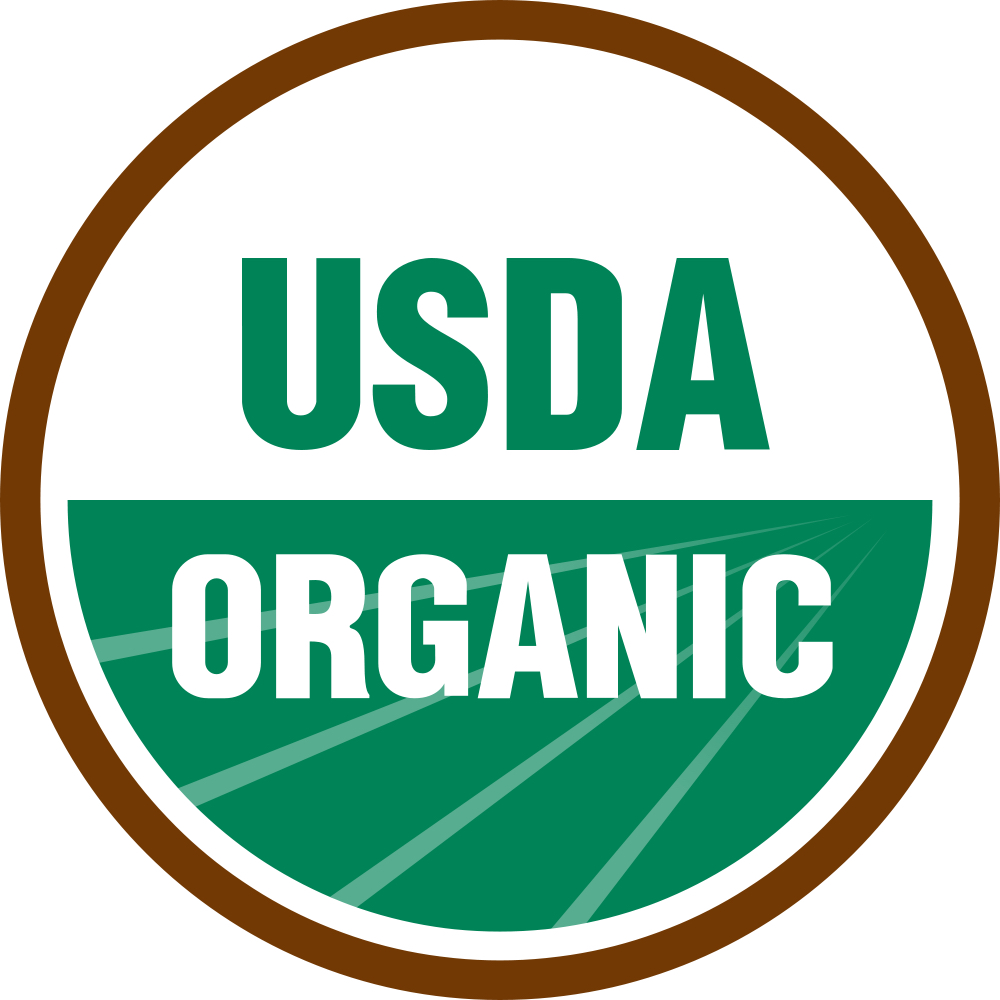Organic Production

To become certified as organic, growers must follow the production practices contained in the National Organic Standards and be certified by a USDA accredited certifying agency. In Utah, the Utah Department of Agriculture and Food is the official certifying agent. There are other certifying agents listed in the National Organic Standard. Farmers may use any certification agency as long as they are USDA accredited and authorized to certify operations to the USDA organic standard.
The cost to become certified is quite high since the farm must pay based on farm size, distance the certifying agent must travel, and the time spent conducting the evaluation. Some of the benefits to becoming “certified organic” include the potential for premium prices, better access to local, regional, or international markets, increased protection of natural resources, and access to additional assistance. The USDA carefully regulates the term "organic” and only certified farms can use the USDA organic seal. Not all growers or farms need to be certified to call themselves organic. Growers whose annual gross farm income from organic products is less than $5,000 are exempted from certification. However, even these very small farmers must use production practices that meet the requirements of the National Organic Standards.
To become “A Certified Organic Farm” typically requires a three-year transition period. During the transition, all farm practices must comply with the National Organic Standards. Organic production is a long-term plan. It may take several years for organically managed farms to reach their full productivity potential. Growers wanting to become certified organic must provide a detailed description of the operation, document what was applied to the land, describe the organic products grown, raised, or processed, and create a written Organic Plan describing the practices and substances to be used.
During the certification process, the grower adopts organic practices and submits his/her application and fees to the certifying agent. The certifying agent then reviews the applications to verify compliance with USDA organic regulations and conducts an on-site inspection. Once the certifier verifies compliance, an organic certificate is issued. Each year, the farm must go through the recertification process. Growers must provide annual updates to the certifying agent, schedule an on-site inspection of the farm, and pay the appropriate fees. From this information, the certifying agent determines if the applicant still complies with the USDA organic regulations and if the organic certificate should be re-issued.
More Information
- Fruit and Vegetable Organic Certification Basics (Utah State University Extension)
- Sustainable Manure and Compost Application: Garden and Micro Farm Guidelines (Utah State University Extension)
- Nutrient Management Strategies for Organic Vegetable Production (Utah State University Extension)
Organic and Sustainable Farming

